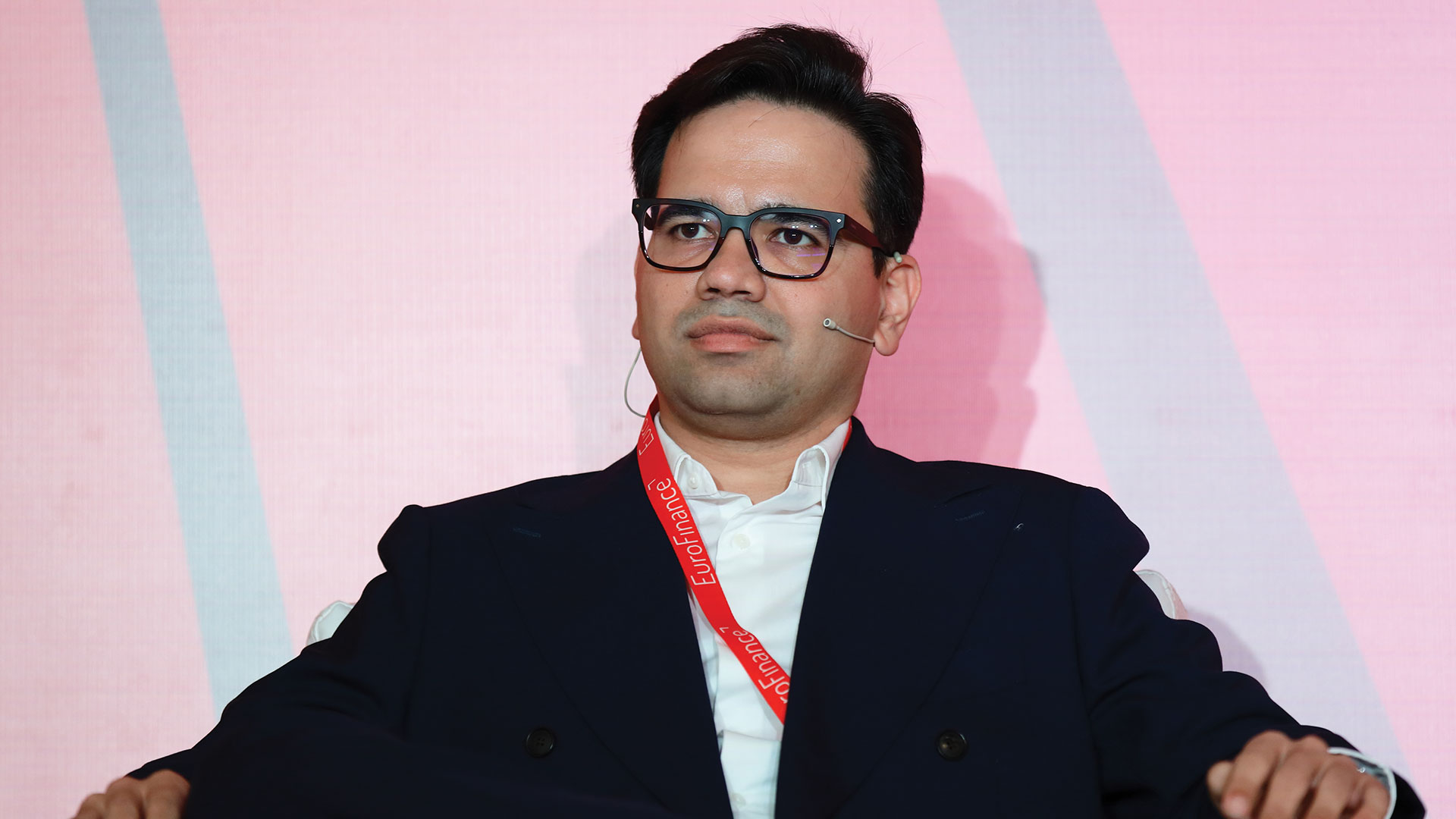Founded in 1990, and headquartered in Singapore, Agrocorp International is one of the leading integrated agricultural commodity and food solution providers in the world. Nitin Jain, Head of Treasury and Capital Markets and blockchain enthusiast, is responsible for ensuring everything runs smoothly for millions of dollars’ worth of transactions every year.

Tell us how you got to your current position
I have a Bachelor’s degree in Engineering and Computer Science, and my first roles were in banks in India which were specifically hiring for someone to streamline paper-based processes within areas including treasury and trade. I was then the first technology expert hired in treasury at global conglomerate Cargill as Treasury Manager. I joined Agrocorp last year as Head of Treasury and Capital Markets and so far, I’ve focused closely on optimising working capital.
How have you utilised your extensive technological background in technology in your current role?
About three years back, most of our processes were Excel-based. I saw this as an opportunity. Learning from my experience in other roles, not least of all how costly it can be to implement new systems, I’m looking to set up a new-age ERP system which can offer real-time tracking of every system.
The legacy system can only talk about if an invoice has been created – it won’t talk about whether it has been signed by the counterparty, or whether we have taken insurance on that commodity, or what is the status of the goods. Where commodity trading is concerned, ERPs only handle information once a trade is completed, meaning there is a distinct lack of insight on all the processes in between.
Agrocorp is currently in the process of implementing a new TMS, and I hope that the new system will be able to extract more information from the DLT platform, as well as providing a more real-time view of the company’s cash flows. We are spending a lot of time getting the processes right, and trying to loop in all that information from the DLT blockchain platform into our legacy system – from FX, risk, cash flow and funding standpoints – to get our TMS to give us a holistic picture.
How do you look at issues around sustainability at Agrocorp?
Agrocorp is a strong believer in sustainability, and the adoption of eco-friendly work practices is central in the execution of all work streams across its business. The partnership with DLT.SG supports our sustainability initiative as it allows us to bring the entire supply chain in an ecosystem using blockchain technology and application program interfaces (APIs) together, to fill the gap in supply chain networks, eg traceability and transparency.
With the blockchain functionality comes a seamless ability to identify, track and trace movements along the supply chain. At the same time, disclosure of data and information is enhanced. As sustainability becomes an increasingly popular area of interest for end customers, the sourcing of where products originate from has become a priority. This includes who we source from, when we source and what is actually sourced.
The blockchain platform addresses these concerns and provides visibility on how the end products (from plantation to finished product) to the end customers are actually traceable and proven sustainable. Blockchain provides a network of all the people involved in the supply chain to be digitally connected.
What do you see for the future of treasury?
I think innovation will be key to the future of capital markets. One of the key things we’re looking at for the next couple of years is that once digital bonds and the digital issuance of commercial papers become a reality, we may be able to attract global investors, reduce our cost of capital and have an ordered base of investors.
Where liquidity management is concerned, I think the complexity involved in dealing with multiple banks will be a key challenge to overcome in the future. When we deal with multiple banks – especially placing surplus funds in fixed deposits – there is no platform from which you can seek information from multiple banks on a real-time basis. I’m hoping that either the regulators or a consortium of banks will get together to change this. I want to see banks able to provide us with a deposit quote or an investment quote, on a platform, so that we can pick and choose.
For trade finance, I definitely think paperless processes are on the horizon. A lot of processes have been digitised already, but we haven’t seen some of the key players – such as the shipping agencies and the ports – becoming digital. But with pilots currently being conducted in various geographies, I’m hoping that it won’t be long before the entire industry becomes paperless.
The full version of this interview will be available in the March/April 2020 edition of Treasury Today and Treasury Today Asia in print and online.